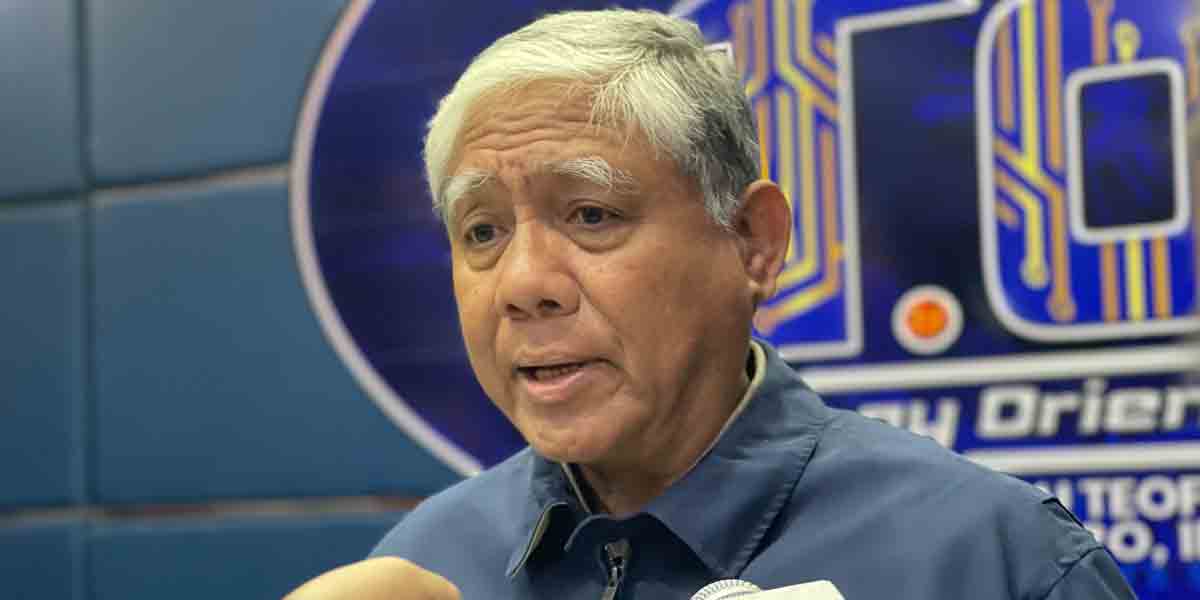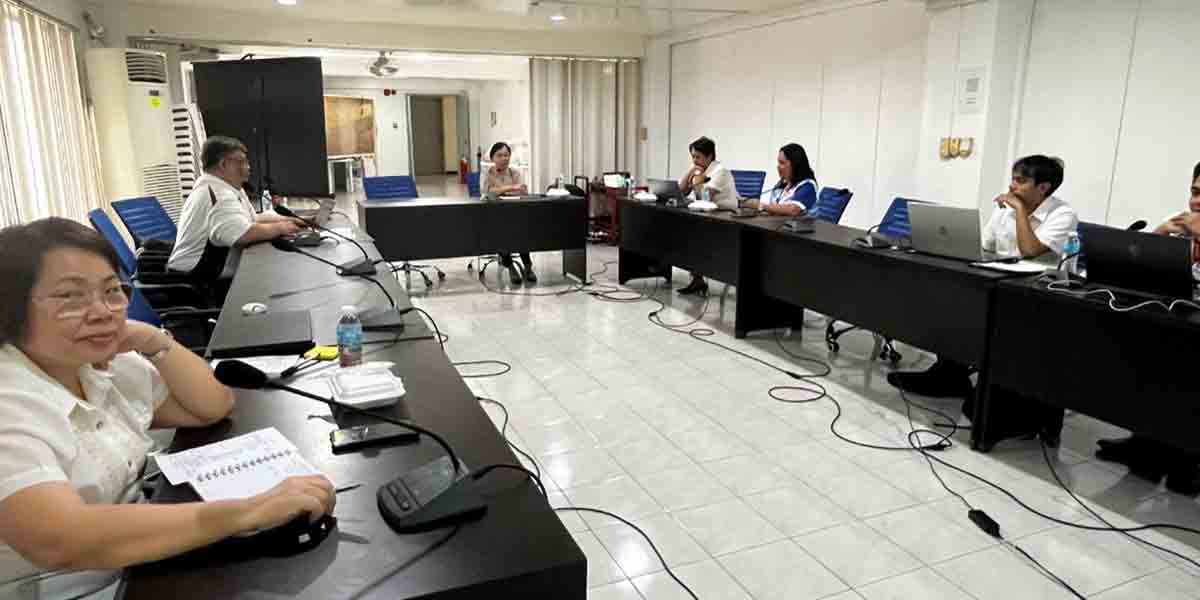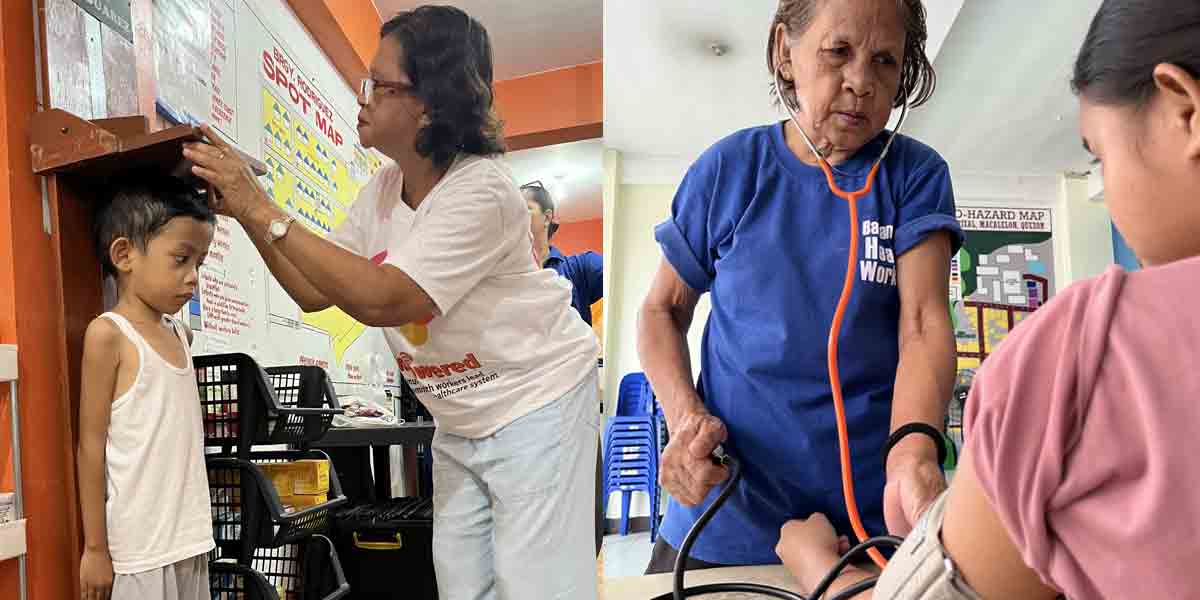Senator Loren Legarda has urged the Philippine Health Insurance Corporation (PhilHealth) to ensure the strict and transparent implementation of its recent benefit package increases.
The reforms, which include a 50% hike in select case rates, expanded kidney transplant coverage, and additional outpatient services, aim to ease the financial burden on Filipinos seeking medical care.
Legarda, however, criticized the lack of clarity regarding the specifics of the reforms, raising concerns over PhilHealth’s inconsistent execution.
“Although these reforms are welcome, we still need to see how PhilHealth will implement them effectively,” Legarda said.
She pointed out that many Filipinos hesitate to seek hospital care, fearing out-of-pocket expenses despite being PhilHealth members.
“An ordinary Filipino, despite being covered by PhilHealth, feels insecure to go to the hospital because the amount PhilHealth will cover is often unidentified and, when provided, is often low,” she explained.
Legarda noted that insufficient coverage often forces patients to rely on loans or other government assistance to pay their medical bills.
She emphasized that PhilHealth’s success should be measured by patients’ confidence in seeking treatment, knowing their healthcare costs will be met.
“True universal healthcare cannot exist if the coverage remains insufficient and uncertain,” she said.
Legarda also urged PhilHealth to prioritize healthcare services over financial investments, arguing that every centavo should directly benefit the public.
“PhilHealth must reassess its organizational values and invest in our most valuable asset—our people’s health and trust,” she said.
She acknowledged that inflation and rising healthcare costs necessitate adjustments but stressed that increases should be grounded in data and targeted where they are most needed.
“While a 50% increase may seem like a significant boost, for certain conditions, the actual costs of treatment should be a key consideration,” she noted.
Legarda also raised concerns about the burden on regular PhilHealth contributors, citing ongoing mandatory salary deductions.
“Put yourself in the shoes of a person who has been paying PhilHealth for years, or even decades, and then when they finally need to use it, only 10 to 20% of their bill is covered? That’s plain injustice,” she said.
The senator, a principal author of the “National Health Insurance Act of 2013,” warned that cuts to PhilHealth’s 2025 budget could affect indigent and informal workers who rely on government funding.
“With this funding now cut, we hope that regular contributors should not bear the burden of subsidizing health insurance for the informal sector,” she emphasized.
Legarda also called for reforms to address delayed reimbursements to hospitals and healthcare providers, which demoralize medical practitioners and increase patient costs.
“PhilHealth must streamline its claims processing to ensure timely payments and reduce the financial burden on healthcare providers and patients alike,” she said.
She proposed hiring more case officers, digitizing application and reimbursement systems, and establishing transparent reporting mechanisms to improve operational efficiency.
Additionally, Legarda highlighted the importance of improving the PhilHealth Konsulta program, which provides free annual check-ups, diagnostics, and medicines.
“Konsulta can greatly reduce the burden on hospitals, especially in underserved areas, but the current registration process is overly complex,” she noted.
She recommended digitalizing Konsulta registration and integrating it fully into PhilHealth’s systems to eliminate redundancies and increase accessibility.
Legarda concluded by calling for a comprehensive overhaul of PhilHealth to fulfill its mandate of universal healthcare.
“We must prioritize the health and well-being of our people over financial growth, streamline processes to improve service delivery, and ensure that the funds we allocate for healthcare are used effectively,” she said.



















